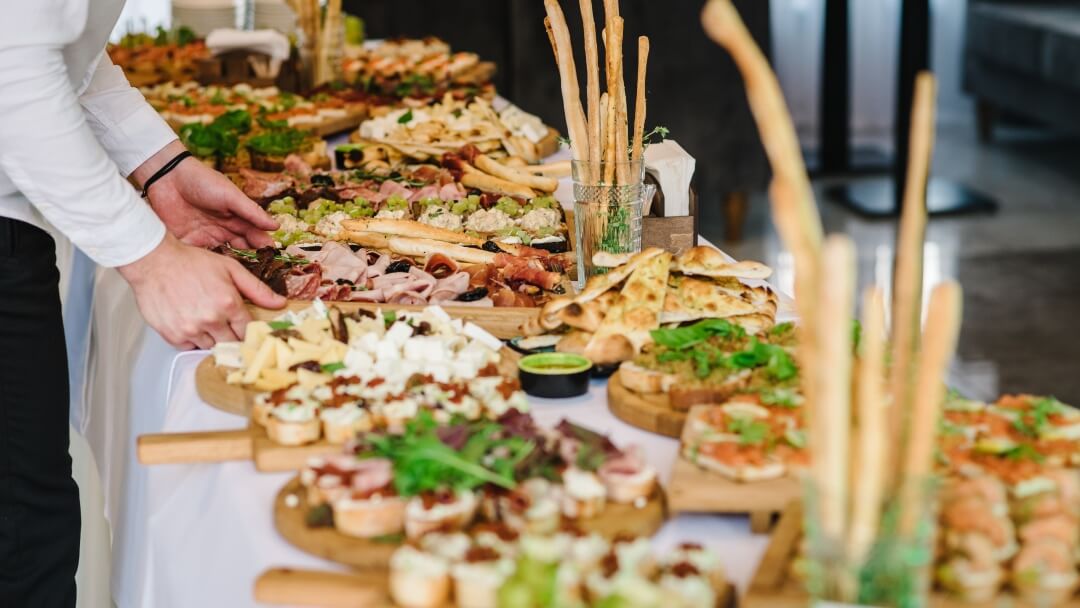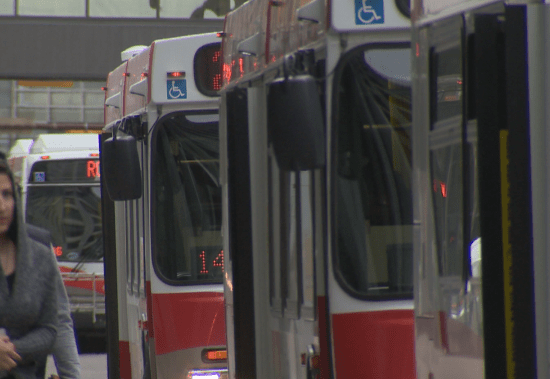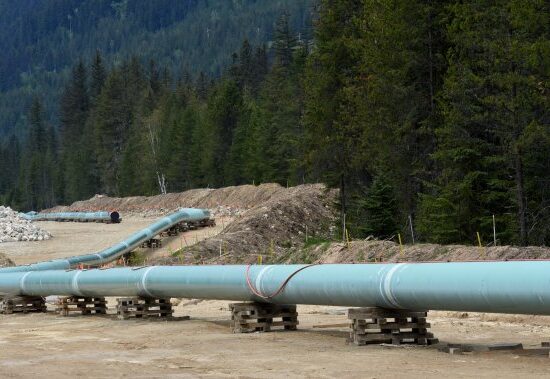
When making a movie, many filmmakers focus on the film itself. You have enough on your plate with scripts, filming permits, personalities on set and shooting with daylight. One factor you may overlook is the cost of food on location. Your crew needs to eat something or their energy will wane throughout the long filming days.
What should filmmakers know about providing food on set? How much money should you allocate for craft and catering services? Here’s what to know.
What Food Costs Should Filmmakers Consider?
Food is only one part of the equation. You must also consider other factors like where your set is and how you’ll transport the food. Filmmakers should consider these five factors in their budget.
1. Craft Services
Having craft services on set is essential. These items include basic refreshments, such as water and coffee. You may also find light snacks like fruits and granola bars. It’s common for movie sets to have bagels and other fresh bread. The crew can come and go as they please throughout the day and pick up refreshments.
The cost of craft services depends on the production crew size and how much food it needs. A basic craft services setup can cost as low as $10 per person daily. However, that number increases if you provide higher-quality foods and beverages. It also depends on your location and where you’re sourcing the food.
2. Catering Services
Filmmakers with slightly larger budgets can go beyond the basics and bring catering services to the set. Catering differs from craft because it allows for meals on set instead of refreshments like bagels and coffee. Catered food means someone will prepare food and bring it to your set — or they’ll cook it on-site.
Your meals will be more substantial than the food from craft services. Therefore, you should expect to set aside more in your budget. On the low end, catering services cost about $25 per person for pre-prepared meals. The price increases if you add private chefs, freshly cooked food on-site and bar services.
3. Location and Transportation
Filmmakers should consider the location of their shoot. If they film at the Philadelphia Museum of Art, it’s much easier to get catering services because there are numerous businesses throughout the city. However, it gets tougher with remote locations. “Castaway” filming occurred on a remote Fijian island, so bringing food to the set was much more demanding.
Remote filming locations will require additional costs to transport the food to the set. You’ll have to bring it yourself or pay for a business to deliver it. Depending on the country and location, filmmakers could spend more than they wish on catering and craft services.
4. Types of Food
The catering services bill will be hefty if you serve steak and champagne daily. Filmmakers should consider the types of food they provide for the crew. It’s possible to keep the team satisfied while on tight budgets.
For example, try negotiating with the caterer by leveraging competitive prices from other businesses. Pinpoint how much food you need and nothing more. If you’re pinching pennies, you could contact catering businesses and discuss sponsorship or partnership deals to cover the costs. This strategy helps filmmakers acquire quality food for their production crew without breaking the bank.
Filmmakers with tight budgets could wait until the end of filming to provide upscale food items to celebrate. That said, it’s good to know how much you can spend on surf and turf. For example, lobster meat can cost between $46 and $79 per pound.
5. Being Inclusive
Films often bring cast and crew from all walks of life. Set workers will have varying dietary needs and preferences. It’s critical to be mindful of these requests and inclusive when ordering catered food or setting up craft services. Employees may have food allergies or need to avoid particular ingredients like gluten or soy.
Ensure your catering service provides an eclectic blend of food to the set. Communicate with the crew to see who wants vegetarian or vegan options instead of meat-centered plates. Be clear on how much you need to ensure you have enough food but don’t end up with waste.
Why Is Food Important on Set?

Food is an essential part of life and the movie set. Here are three reasons filmmakers should invest part of their budget toward craft and catering services.
Boosting Morale
Filming days can be strenuous. Twelve-hour days can easily turn into 16 if the itinerary calls for it. Every crew member makes sacrifices to be there, so the least filmmakers can do is boost morale by providing free food to workers. Your employees will be much happier and more enthusiastic when they have had enough to eat.
Health and Safety
Food is also essential for health and safety. Long filming days could lead to workers skipping meals and losing energy. It’s critical to ensure they have enough opportunities to eat, especially if they have health conditions. A worker with hypoglycemia may faint after eight hours without food.
Filmmakers should also be aware of the food itself. Research the caterer to ensure their reputation is up to par. The employees should uphold high standards regarding food safety. The last thing filmmakers need is an accident on set requiring first aid and emergency responders.
Staying on Set
Google and other large companies often provide food on-site for their employees. They want to feed their workers and make them happy — but these organizations also want them to stay nearby. Google keeping employees in the building leads to shorter meal breaks than if they left campus for a meal. Apply the same logic to your film set.
Providing meals for the actors and production crew means they’ll stay on set instead of going to a restaurant, hotel or another business. Filmmakers also reduce the risk of an accident or unwanted incident — especially if you’re in a foreign location.
Feeding the Film Crew
Filmmakers have numerous things to worry about when shooting movies. Food might not be at the top of the list, but feeding the crew is essential. Craft services are an excellent place to start and can suit tight budgets.
Filmmakers should consider the cost and benefits of catered food to boost morale and sustain high energy levels for the long days of filming.















